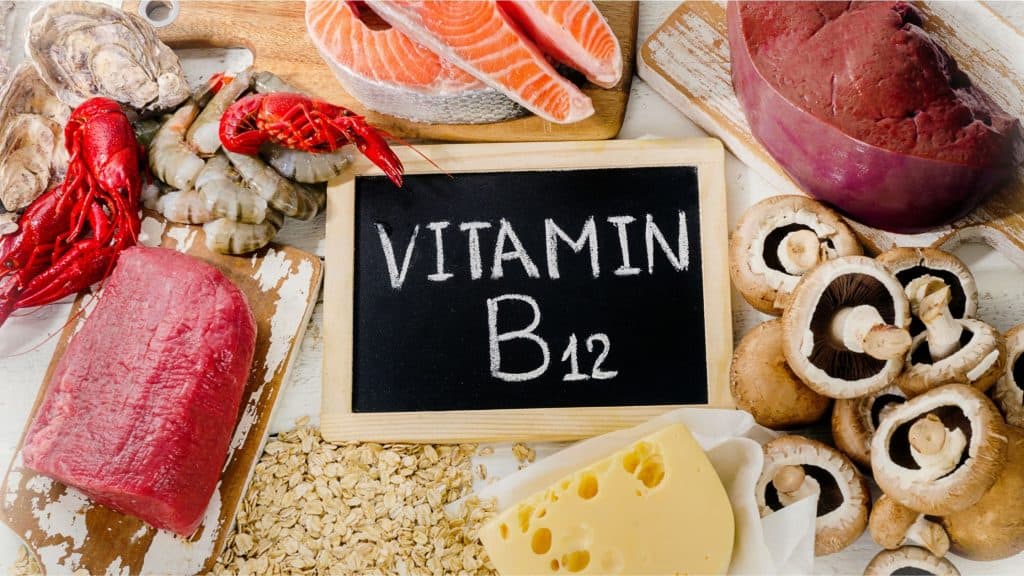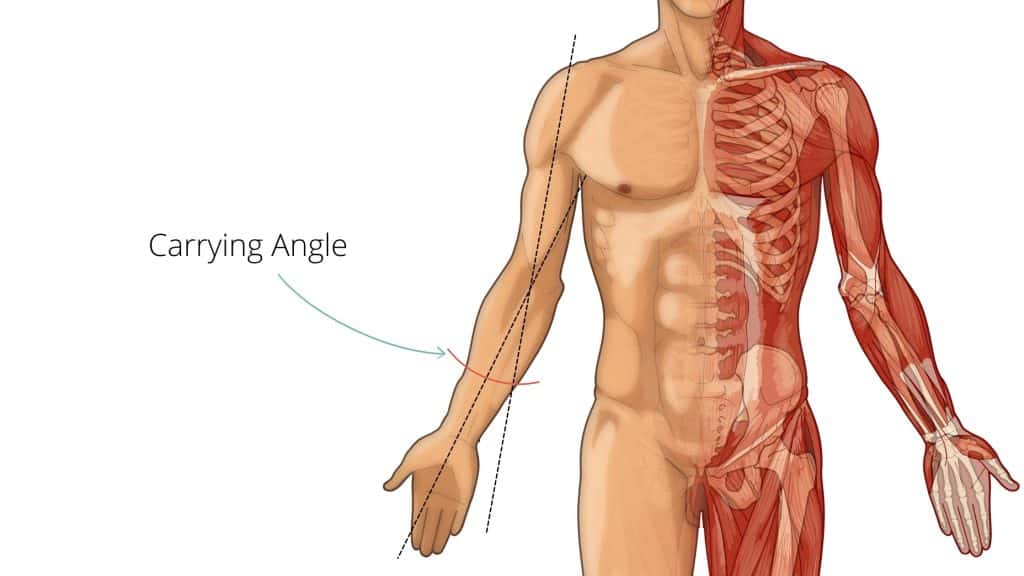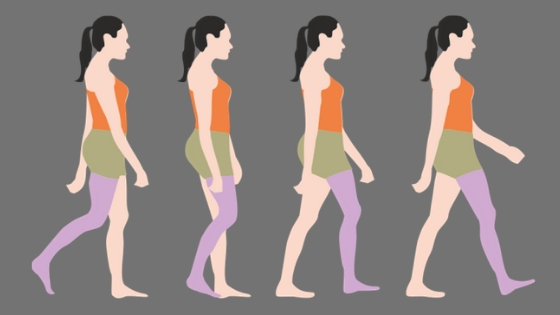
B12 is a very important vitamin for maintaining the optimum health of our body and we shouldn’t ignore signs of vitamin B12 deficiency. If you have irritation, weakness, or feeling tired after walking a short distance, then there is a high chance that you have a vitamin B12 deficiency. What food sources does vitamin B12 come from? What can happen due to its deficiency? How do we recognize the deficiency? We will discuss all these in this article but before we proceed it would be good to learn the function of vitamin B12 in our body.
What vitamin b12 good for?
Vitamin B12 is a very important vitamin that is very important for the optimum health of our body, it has many important roles, so let us discuss them one by one.
1 Formation of RBC
So the most important role, Formation of Red Blood Cells (erythrocyte). The process of formation of RBC is termed erythropoiesis. In layman terms, vitamin B12 helps in the formation of blood in our body. So I don’t need to tell you how important blood is.
These new erythrocytes replace the oldest erythrocytes (normally about one per cent) that are phagocytosed and destroyed each day. Folate, vitamin B12, and iron have crucial roles in erythropoiesis. The deficiency of folate or vitamin B12 impairs DNA synthesis, and causes erythroblast apoptosis, resulting in anaemia from ineffective erythropoiesis1.
2 Important for brain health
The second biggest role is, that it is very important for the health of our nervous system. That is, vitamin B12 is very important for the health of our brain, our neurons, and all the nerves we have. So its deficiency can also affect the function of the brain.
Vitamin B12 is important for the synthesis of myelin. The myelin sheath surrounds the axons of many nerves and serves as electrical insulation, thereby facilitating fast conduction velocity. Through this important contribution to myelin formation and remyelination, it significantly supports the regeneration of nerves after an injury2.
3 Formation of DNA
Its third most important role is in the formation of DNA, it is also very important for the formation of the DNA in our body. Vitamin B12 is especially awarded a function in the DNA synthesis of myelin‐producing oligodendrocytes and the synthesis of myelin2.
4 Healthy skin and hair
And fourth, it has a huge role in the health of our skin and the health of our hair.
Deficiency of vitamin B12
So what can happen in our body due to its lack? Since it has a major role in the formation of RBC in our body, its deficiency can cause Pernicious Anemia. It’s a blood condition due to which we feel tired and weakness all over the body.
So the most important reason for pernicious anaemia is the inability to absorb the dietary vitamin B12. Whatever dietary vitamin B12 we take through the food, our body is not able to properly absorb it. We may be taking sufficient dietary vitamin B12, and we may be eating the food source rich in vitamin B12, but our body is not able to absorb it. And it goes out, due to which there is low vitamin B12 in our body and causes pernicious anaemia.
Also read: What are the signs of low blood pressure?
Signs of Vitamin B12 deficiency
So, here’s the list of early signs of vitamin B12 deficiency. If you find these signs you must consult your doctor and take appropriate steps as soon as possible.
- Muscle weakness: So first of all, we will have muscle weakness. Even if we do some work, we will get tired immediately, after walking a little distance. We will feel tired and pain may also develop in the muscles.
- Nausea: The second symptom is nausea, meaning we will feel like vomiting. There will always be a tendency of vomiting, if you brush or take anything in your mouth then you will feel like vomiting.
- Decreased appetite: After that, the third symptom is decreased appetite, that is, you will feel less hungry. You will not feel like eating, will feel that your stomach is full, will not feel like eating.
- Irritability: The next is irritability, that is, you will be irritable throughout the day. You get irritated, angry, and irritable, normally when you should be in a good mood, you will always have an irritable mood.
- Lack of energy: After that, we feel a lack of energy. There will be no strength in your body, you will feel sluggish or lethargic throughout the day, and you will feel that you go to sleep, do not work, and remain to lie somewhere.
- Increased heart rate: The next symptom is increased heart rate. You feel that your heartbeats are increased. These all are the symptoms of its deficiency, in a way is a sign of pernicious anaemia.
So as soon as you see these symptoms you should immediately visit the doctor and talk to him about what could be the reason. And if there is a deficiency of Vitamin B12, it will be completely confirmed by the report of the blood test.
Risk factors
So what are its risk factors, ie who is more likely to have vitamin B12 deficiency?
- Family history: So the first point is family history, that is, if someone in your family has a problem with vitamin B12 deficiency, then it may happen in the child too.
- Type-1 Diabetes: After that, type-1 diabetes, those who have a sugar problem, have type-1 sugar problems, and those who have diabetes problems also have a higher risk of vitamin B12 deficiency.
- Strict vegan: The next risk factor is strictly vegetarian food, that is if you are strictly vegetarian. Even if you don’t take milk, and do not even eat eggs, then they are more likely to have it because vitamin B12 mostly comes from animal sources. It is not found in vegetarian sources, so those who are strictly vegetarian are more likely to have it.
- Gastrointestinal surgery: For those who have gastrointestinal surgery, if some part of the stomach has been removed, there is a possibility of having this problem. Even in intestinal operation, even if you take sufficient dietary vitamin B12 but the body is not able to take it, it is excreted out. So this can be a reason.
- HIV: Next, people who have HIV can also get vitamin B12 deficiency.
- Old age: It is found more in the elderly, elderly people have decreased capacity to absorb vitamin B12. Even if they consume rich dietary sources they suffer from vitamin B12 deficiency.
Dietary sources of vitamin B12

So this was it, what are its risk factors, now the most important point is that from which food sources do we get vitamin B12?
- Milk & Yoghurt: As I mentioned earlier, it is found more than animal sources, so what a strict vegetarian can take? If you are strictly vegetarian then you do not need to worry, if you drink milk and eat curd, then it also contains sufficient vitamin B12. With that, if you can compromise with eggs, then you can eat eggs too.
- Meat: After that, meat i.e. chicken, or mutton, all of these also contains vitamin B12 in plenty.
- Egg: And after that again eggs, as I said that eggs are also a rich source of vitamin B12.
- Fish: After that those who eat fish, fish, fish is also rich in vitamin B12.
- Fortified cereals: Then the fortified cereals, about which you know, it also contains Vitamin B12 in sufficient quantity.
So if you keep consuming all these foods regularly, then you will not be deficient in Vitamin B12 and yet if you are deficient in Vitamin B12 then you should contact your doctor, what to do about what dietary supplements you have to take. will benefit to a great extent.
Final words
So I hope you find this article on signs of vitamin B12 deficiency very helpful, I keep on bringing similar articles. If you liked this article, then do not forget to like and share it because it is becoming a very widespread problem, nowadays you will observe that youngster gets irritation very quickly, mood swings very quickly, then this is also one of the reasons. It can be that there is a deficiency of vitamin B12 because vitamin B12 is very important for maintaining brain cells.
Keep reading: What Vitamin C Good For? 8 Deficiency Symptoms Not To Ignore





